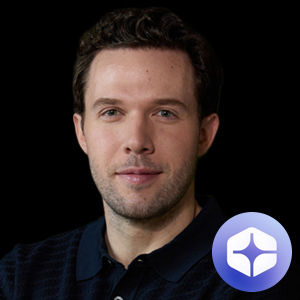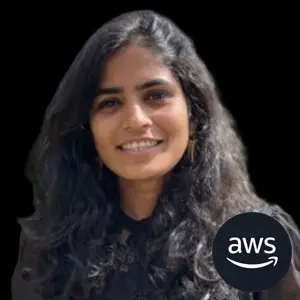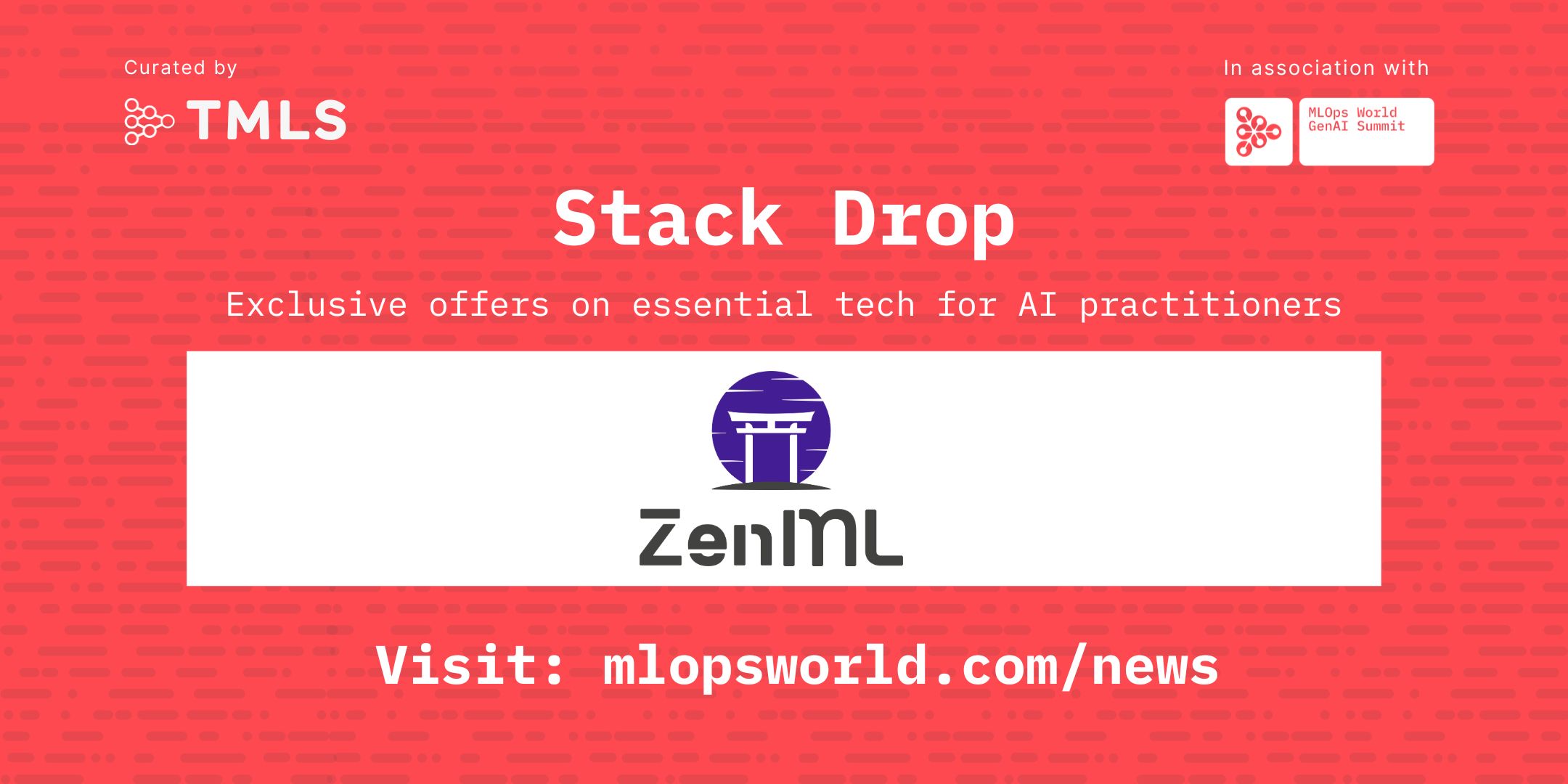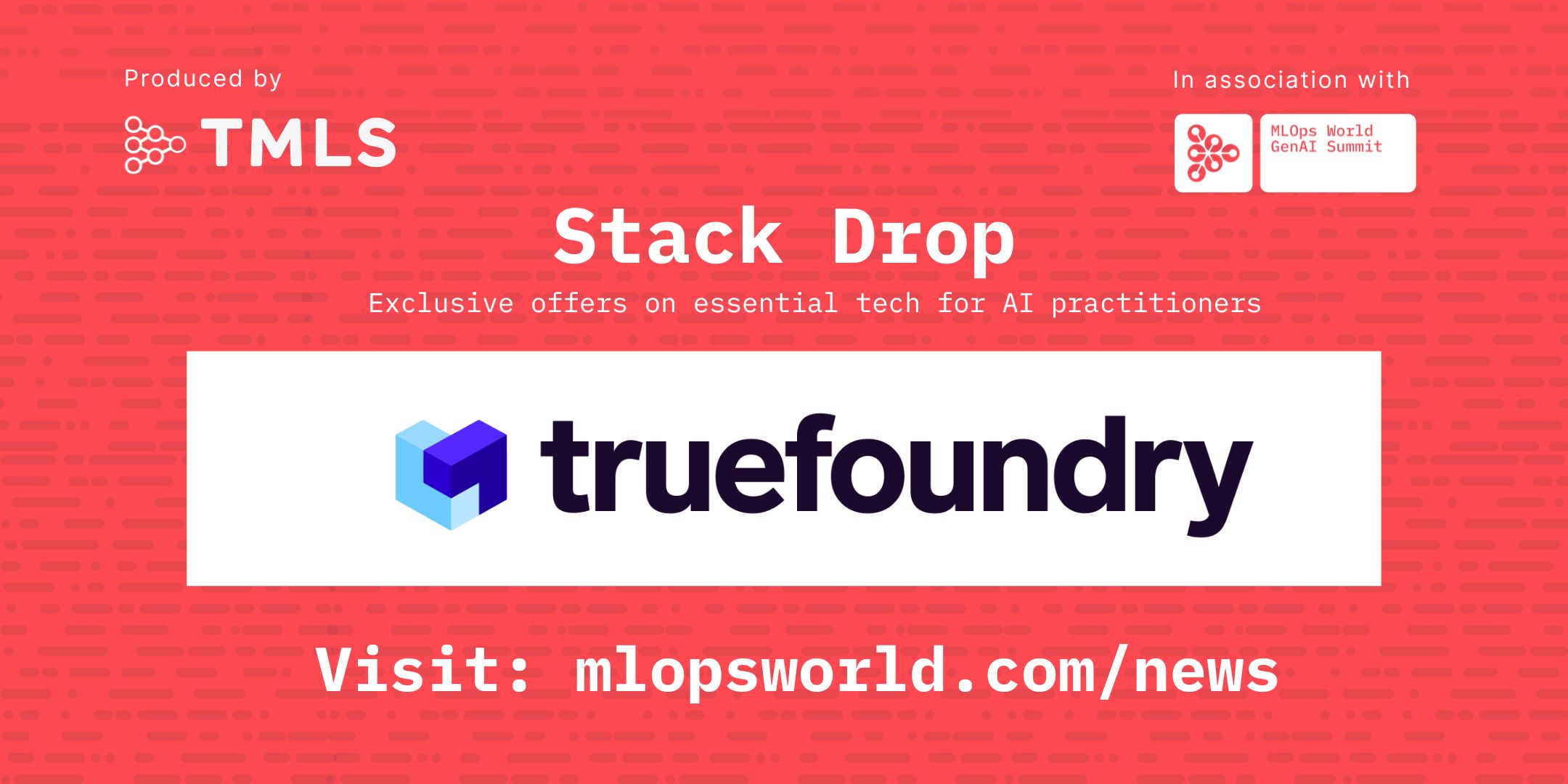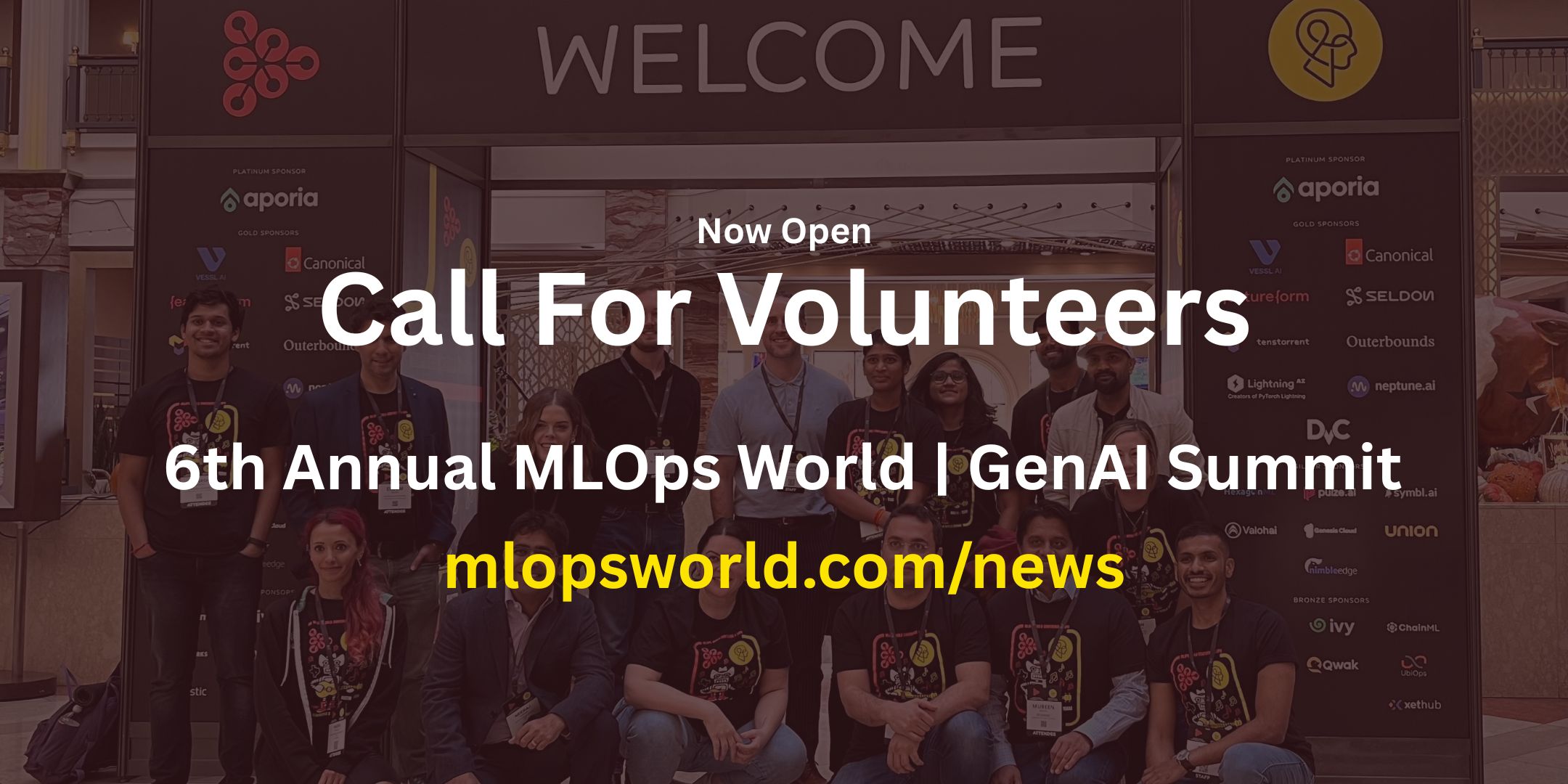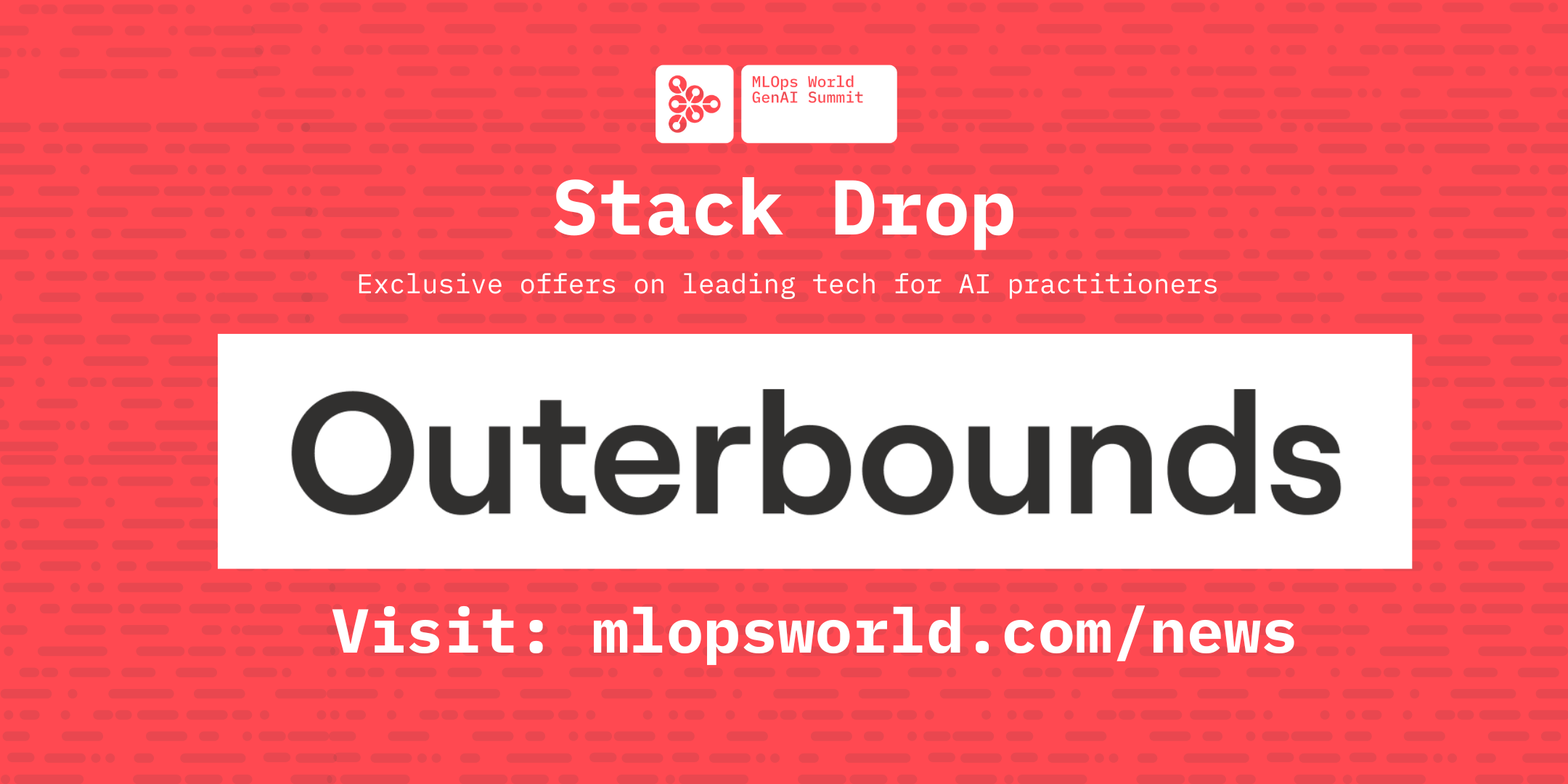Free Virtual Summit | October 6-7, 2025
Ticketed In-Person Summit | October 8-9, 2025 | Austin Renaissance Hotel
6th Annual MLOps World | GenAI Summit 2025
The event that takes AI/ML & agentic systems from concept to large-scale production
2 Days • 16 Tracks • 75 Sessions • Vibrant Expo
Why attend: Optimize & Accelerate
Build optimal strategies
Learn emerging techniques and approaches shared by leading teams who are actively scaling ML, GenAI, and agents in production.
Increase project efficiency
Minimize project risks, delays, and missteps by learning from case studies that set new standards for impact, quality, and innovation. Tools for Agent driven apps, multi agent systems, & AI assisted development.
Make better decisions
Make better, faster decisions with lessons and pro tips from the teams shaping ML, GenAI and Agenetic AI systems in production.
Why attend
Technical Workshops
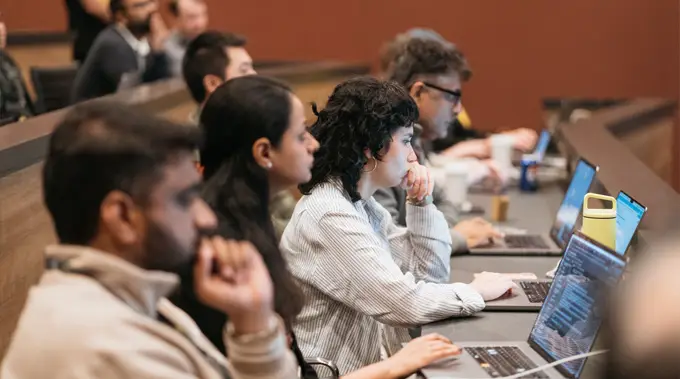
- Workshop: Context Engineering – Practical Techniques
- Workshop: Building AI Agents from Scratch
- Workshop: Managing RAG
- Workshop: Vibe-Coding Your First LLM App
- Workshop: Conversational Agents with Thread-Level Metrics
Industry Case Studies & Roundtable Discussions
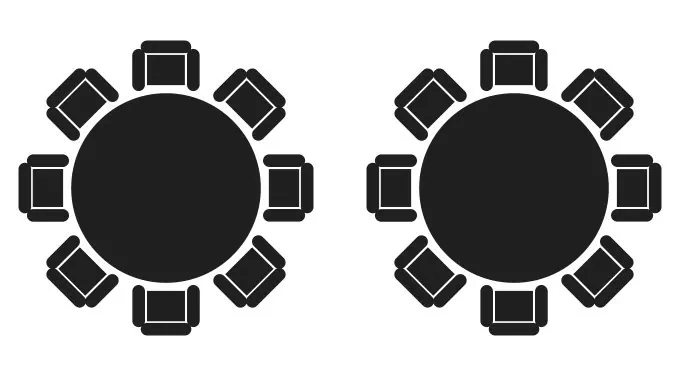
- Case study + Discussion Groups on
- SLMs + Fine-Tuning: with Arcee
- Sustainable GenAI Systems at Target
- Explainable AI at Fujitsu
- Agentic Workforces at Marriot International
- Agent-Powered Code Migration at Realtor.com
and more!
Community Event App
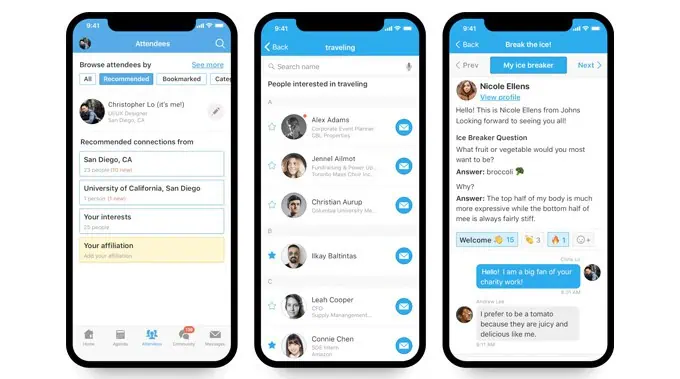
Meetup 800+ attendees and build your network onsite. See all attendees, connect with speakers. Share your story, build your community.
2 Days of workshops, Case studies, Discussions & Socials
Learn from leading minds, sharpen your skills, and connect with innovators driving safe and effective AI in the real world.

Free Online Stage
- Skills Workshops (Oct 6)
- Expert Sessions (Oct 7)
Day 1
- Summit:
- Talks, Panels, & Workshops
- Expo:
- Lightning Talks
- Brain Dates
- Community Square
- Startup Zone
- Vendor Booths
- Opening Party
Day 2
- Keynote
- Summit:
- Talks, Panels, & Workshops
- Expo:
- Lightning Talks
- Brain Dates
- Community Square
- Startup Zone
Why attend: Connect & Grow
Grow industry influence
Equip your team to win
Stay ahead of fast-moving competitors by giving your team the insights, skills, and contacts they need to exceed expectations.
Build career momentum
Make every hour count by using our event app to hyper-focus on the right topics and people who will help shape your future in AI.
2025 Summit: Full-Spectrum AI
All themes, talks, and workshops curated by top AI practitioners to deliver real-world value. Explore sessions
2025 THEME: AI Agents & Agentic Workforces
AI Agents for Developer Productivity
This track highlights practical uses of agents to streamline dev workflows—from debugging and code generation to test automation and CI/CD integration.
AI Agents for Model Validation and Deployments
Agents can now assist in model testing, monitoring, and rollback decisions. The track focuses on how teams are using autonomous systems to harden their ML deployment workflows.
Augmenting Agentic Workforces
This track explores how teams are combining human oversight with semi-autonomous agents to scale support, operations, and decision-making across the business.
Agents in Production
Latest Trends in MLOps


2025 THEME: MLOps & Organizational Scale
Governance, Auditability & Model Risk Management
This track covers how teams manage AI risk in production—through model governance, audit trails, compliance workflows, and strategies for monitoring model behavior over time.
MLOps for Smaller Teams
Not every team has a platform squad or unlimited infra budget. This track shares practical approaches to shipping ML with lean teams—covering lightweight tooling, automation shortcuts, and lessons from teams doing more with less.
ML Lifecycle Security
ML Training Lifecycle
Scoping and Delivering Complex AI Projects
2025 THEME: LLM Infrastructure & Operations
LLMs on Kubernetes
This track covers the key architectural choices and infra strategies behind scaling AI and LLM systems in production—from bare metal to Kubernetes, GPU scheduling to inference optimization. Learn what it really takes to build and operate reliable GenAI and agent platforms at scale.
ML Deployments on Prem
LLM Observability
Data Engineering in an LLM Era
Inference Optimization & Scaling
Multimodal Systems in Production

Our Expo is where innovation, ideas, and connections come to life
Transform from attendee to active participant by leveling-up your professional contacts, exchanging ideas, and even grabbing the mic to share a passion project.
Make New Connections
Connect with AI Practitioners
Brain Dates
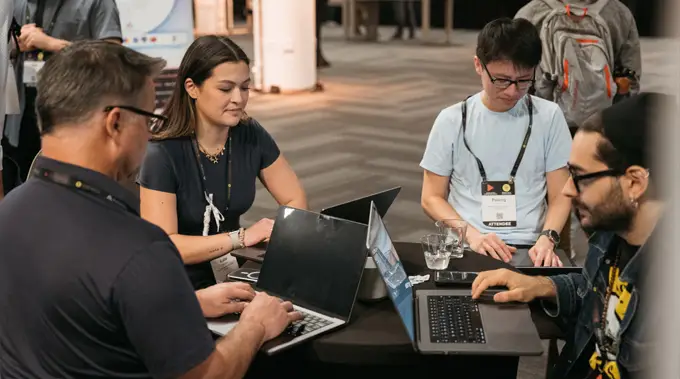
Speakers' Corner
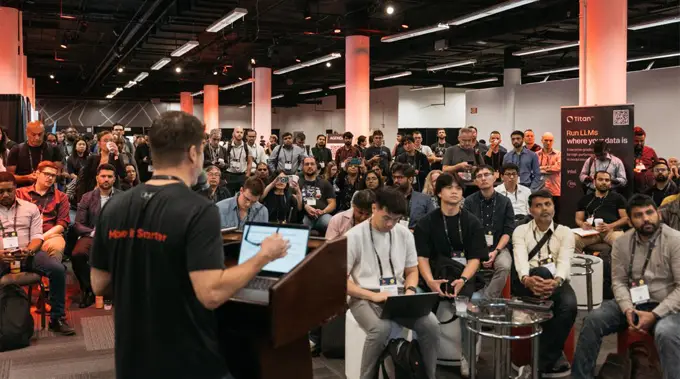
Vendor Booths
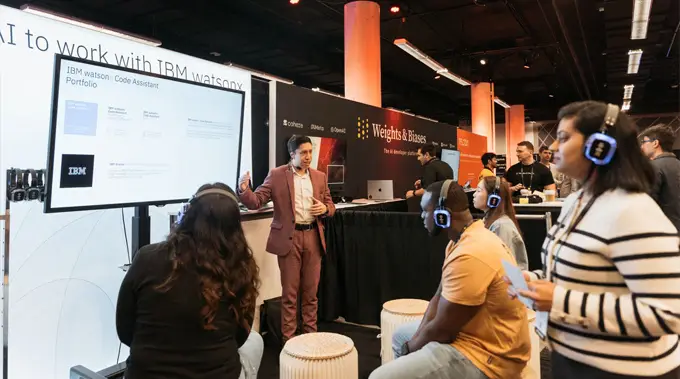
Community Square
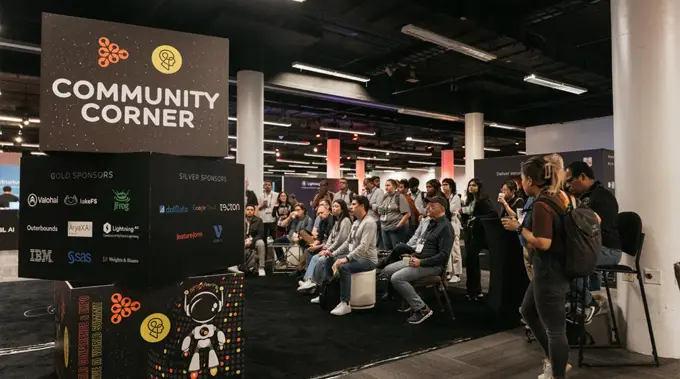
Startup Zone

Hands-on Sessions

Austin Parties
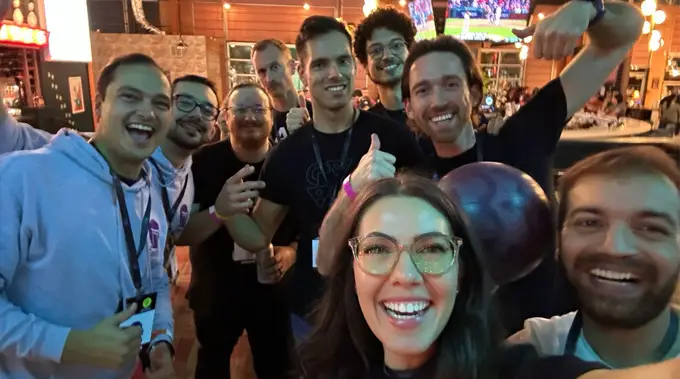
Expo Expo Expo Expo Expo Expo Expo Expo Expo Expo Expo Expo
40+ Technical Workshops and Industry Case Studies












Speakers
Meet the experts bringing techniques, best practices, and strategies to this year’s stage.

Irena Grabovitch-Zuyev
Staff Applied Scientist, PagderDuty
Testing AI Agents: A Practical Framework for Reliability and Performance

Eric Riddoch
Director of ML Platform, Pattern AI
Insights and Epic Fails from 5 Years of Building ML Platforms

Linus Lee
EIR & Advisor, AI, Thrive Capital
Agents as Ordinary Software: Principled Engineering for Scale

Niels Bantilan
Chief ML Engineer, Union.ai
A Practical Field Guide to Optimizing the Cost, Speed, and Accuracy of LLMs for Domain-Specific Agents

Tony Kipkemboi
Head of Developer Relations, CrewAI
Building Conversational AI Agents with Thread-Level Eval Metrics

Denise Kutnick
Co-Founder & CEO, Variata
Opening Pandora’s Box: Building Effective Multimodal Feedback Loops

Zachary Carrico
Senior Machine Learning Engineer, Apella
A Practical Guide to Fine-Tuning and Deploying Vision Models

Paul Yang
Member of Technical Staff, Runhouse
Why is ML on Kubernetes Hard? Defining How ML and Software Diverge

Freddy Boulton
Open Source Software Engineer, Hugging Face
Gradio: The Web Framework for Humans and Machines

Aleksandr Shirokov
Team Lead MLOps Engineer, Wildberries
LLM Inference: A Comparative Guide to Modern Open-Source Runtimes

Federico Bianchi
Senior ML Scientist, TogetherAI
From Zero to One: Building AI Agents From The Ground Up

Kshetrajna Raghavan
Principal Machine Learning Engineer, Shopify
Where Experts Can't Scale: Orchestrating AI Agents to Structure the World's Product Knowledge

Calvin Smith
Senior Researcher Agent R&D, OpenHands
Code-Guided Agents for Legacy System Modernization
Latest News
Why attend
Event Parties & Networking

Explore Frontier Tools & Startups

Give your team an edge with insights, skills, and connections from the industry’s top innovators —
click here to see the exhibiting sponsors.
Grow industry influence
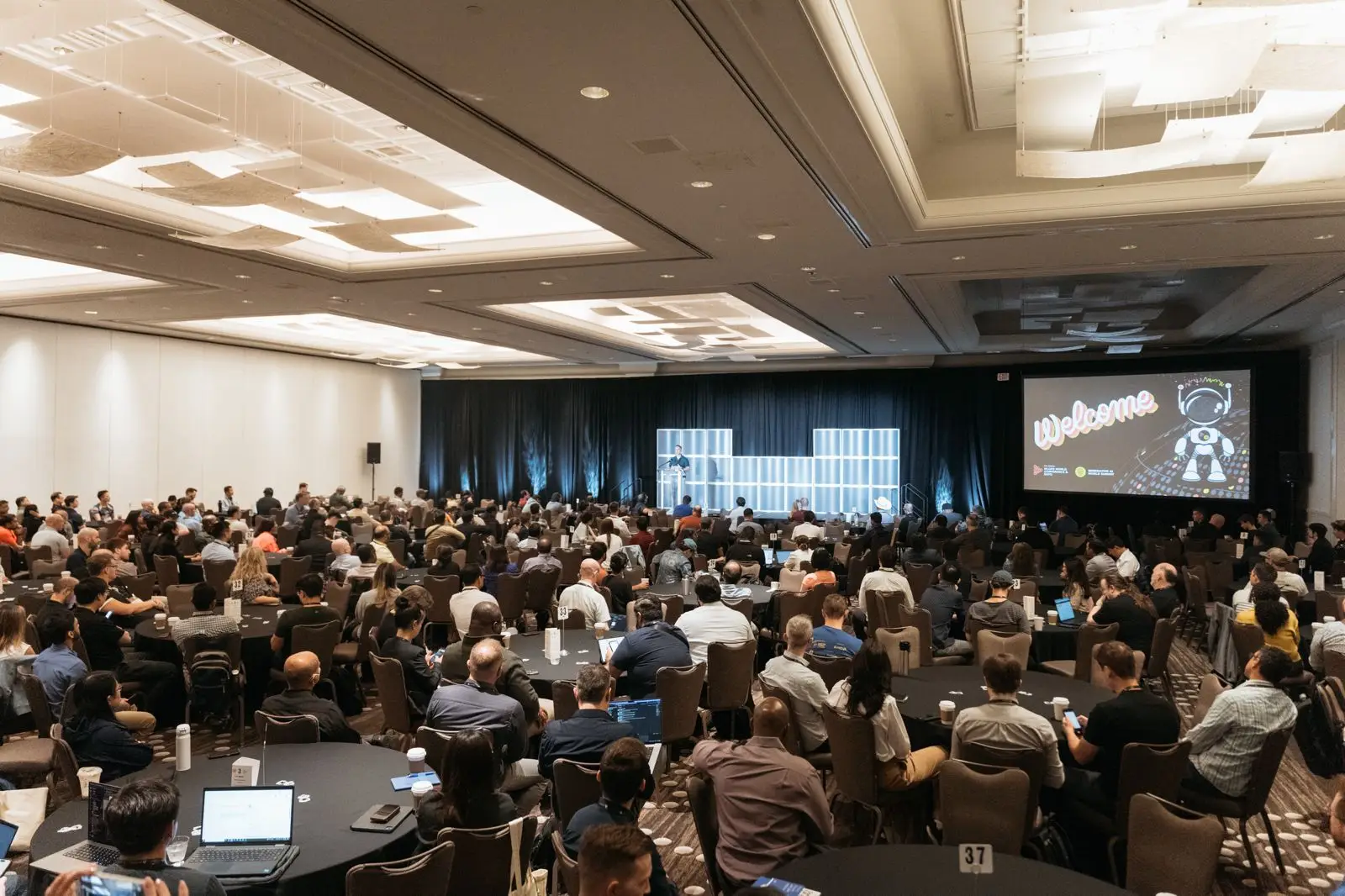
Join Brain Dates, Speaker’s Corner, Community Square, or deliver a talk to share your expertise and amplify your industry impact.
Curated by AI Practitioners
All sessions and workshops have been hand-picked by a Steering Committee of fellow AI practitioners who obsess about delivering real-world value for attendees.

Denys Linkov
Event Co-Chair & Head of ML at WiseDocs
“We built this year’s summit around practical takeaways. Not theory but actual workflows, strategies, and the next three steps for your team. We didn’t want another ‘Intro to RAG’ talk. We wanted the things people are debugging, scaling, and fixing right now.”

Volunteering
Apply for the opportunity to get exclusive behind the scenes access to the MLOps World experience while growing your network and skills in real-world artificial intelligence.
Austin
Renaissance Austin Hotel
Once again our venue is the beautiful Renaissance Austin Hotel which delivers an exceptional 360 experience for attendees, complete with restaurants, rooftop bar, swimming pool, spa, exercise facilities, and nearby nature walks. Rooms fill up fast, so use our code (MLOPS25) for discounted rates.


Choose Your Email Adventure
Join our Monthly Newsletter to be first to get expert videos from our flagship events and community offers including the latest Stack Drops.
Join Summit Updates to learn about event-specific news like ticket promos and agenda updates as well invites to join our free online Stack Sessions.
Choose what works best for you and update your email preferences at any time.
Hear From Past Attendees
Data and AI Scientist, Consultant, Podcaster
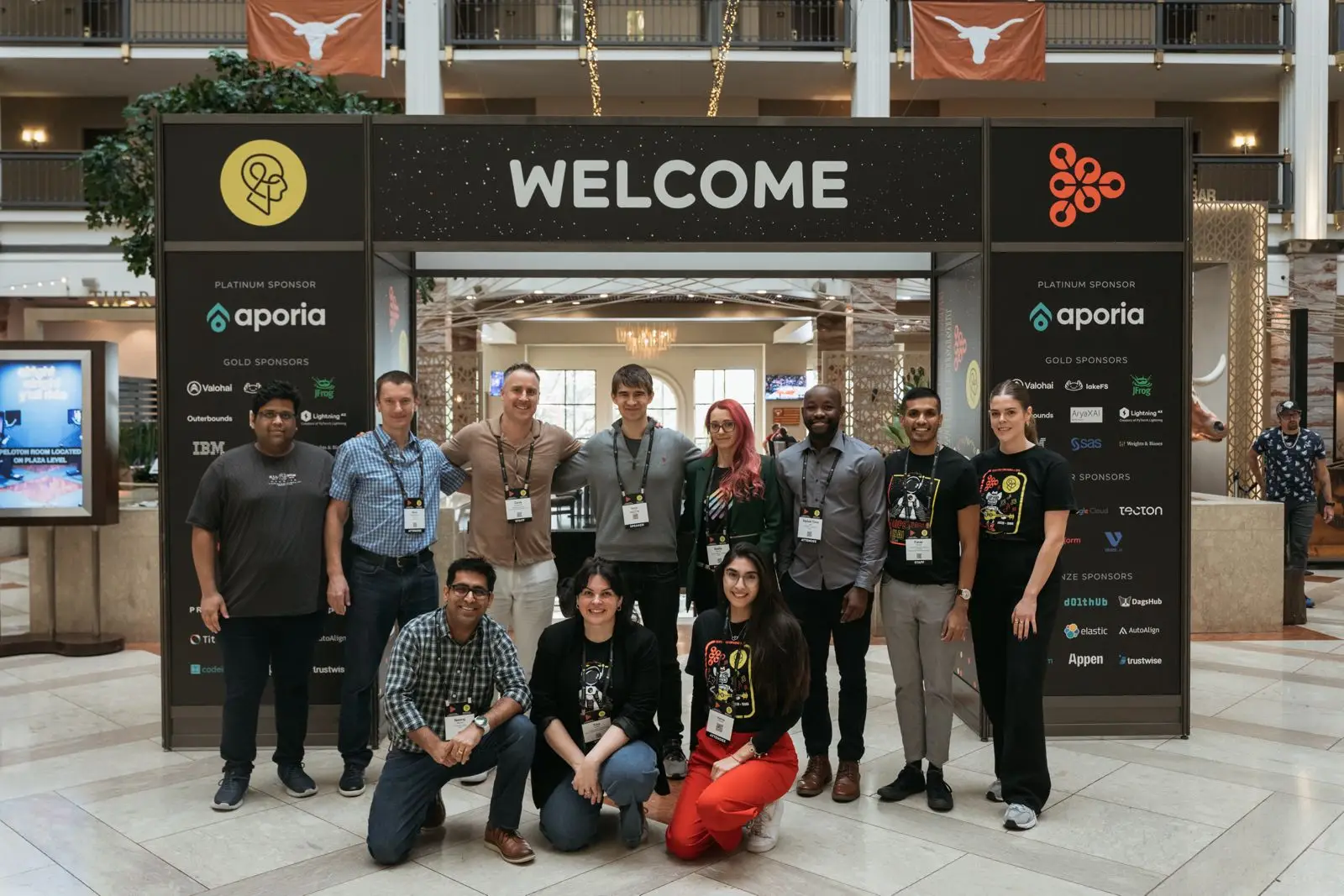
Free Virtual October 6-7 | In-person October 8-9
What Your Ticket Includes
Your pass gives you complete access to the full summit experience, both in Austin and online:
- Full access to Summit sessions – Day 1 (Oct 8) & Day 2 (Oct 9) in Austin
- Bonus virtual program – live talks and workshops on Oct 6 & 7
- Hands-on learning – in-person talks, virtual workshops, and skill-building sessions
- Food & networking – connect with peers over meals, socials, and receptions
- AI-powered event app – desktop & mobile access for networking and schedules
- Networking events – structured meetups and community mixers
- On-demand replays – access to all post-summit videos
- 30 days of O’Reilly online learning – unlimited access to books, courses, and videos from O’Reilly and 200+ publishers
Agenda
This agenda is still subject to changes.
Join free virtual sessions October 6–7, then meet us in Austin for in-person case studies, workshops, and expo October 8–9
FAQ
When and where is the event?
The in-person portion of MLOps World | GenAI Summit takes place October 8-9, 2025 at the Renaissance Austin Hotel.
Address: 9721 Arboretum Blvd, Austin, TX 78759, United States See booking details.
What’s included with my ticket?
- Live training courses
- In-depth learning paths
- Interactive coding environments
- Certification prep materials
- Most major AI publications
Is there a virtual option?
What types of sessions can I expect?
Are there more active types of experiences?
How do I register?
Can I cancel or transfer my ticket?
Are discounts available for group ticket purchases?
Who typically attends MLOps World?
Will slides or recordings be available after the event?
Yes. The majority of presenters grant permission for their sessions to be recorded and shared. These recordings are made available after the event. The best way to be notified when new learning resources are released is by subscribing to our newsletter.
What if I have dietary or accessibility needs?
How do I apply to speak?
Submit your proposal via the Call for Speakers link in our site header (available ahead of each event) or subscribe to our newsletter for MLOps and other speaking alerts. Learn more
What kinds of talks are accepted?
Are speaker slots paid or unpaid?
What’s the speaker deadline for slides or submissions?
Do speakers get free tickets or travel support?
Can I speak virtually or only in-person?
Are sessions recorded? Will they be shared publicly?
What kind of A/V support or setup is provided?
What are the sponsorship packages and benefits?
How do I become a sponsor?
Visit our sponsor page to get more details and download our Sponsorship Guide, or contact Faraz Thambi at [email protected] to discuss availability and options.
What is the audience profile?
Attendees include ML/Data Engineers, Developers, Solution Architects / Principal Engineers, ML/AI Infra Leads, Technical Leaders, and Senior Leadership (Director, VP, C-suite, Founder) decision-makers from startups, scaleups, and enterprises across North America and around the globe.
Can I sponsor the virtual component or a specific track only?
How is lead capture handled?
Will there be booth space? How big? What’s included?
Yes. Booth packages vary in size depending on the tier; they range from a 20’x20’ island booth (Platinum) to a 6’ x 10’ draped booth (Bronze). Please see the guide for full specifications.
Can we run our own bespoke event or session?
Yes. We offer limited opportunities for sponsor-hosted workshops, roundtables, and after-hours events, pending approval and availability.
Are there other ways to get involved as a sponsor?
Yes, leading companies can apply to contribute discounts and free trials to our audience of AI/ML practitioners as part of our Stack Drop and Community Code programs. Learn more from our blog or email [email protected]
